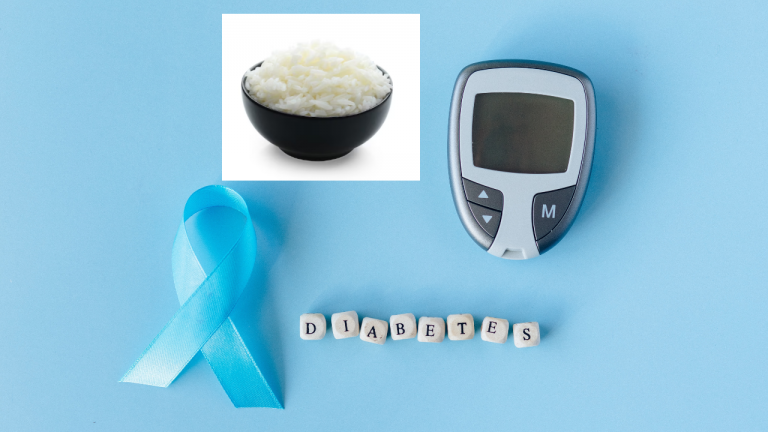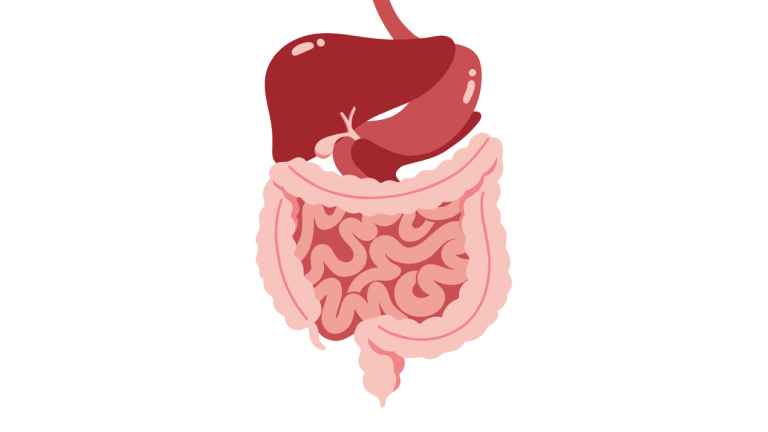What are the Issues of Nutritional Needs in Selection, Preservation, Preparation, and Use of Food?

The issues of nutritional needs in the selection, preservation, preparation, and use of food include:
Availability and accessibility of nutritious foods: Access to healthy and nutritious foods can be a challenge, especially in low-income or rural areas where fresh produce may not be readily available.
Food preservation techniques: The use of preservatives, additives, and processing techniques can affect the nutrient content of food. For example, excessive heat, light, and air can destroy vitamins and minerals.
Food preparation methods: The way food is cooked can affect its nutritional value. For example, overcooking vegetables can cause them to lose their nutrients.
Food storage: Improper storage of food can lead to nutrient loss, spoilage, or contamination. For example, storing fruits and vegetables in a warm and humid environment can lead to the growth of mold and bacteria.
Dietary restrictions: People with dietary restrictions, such as allergies or intolerances, may have difficulty meeting their nutritional needs. For example, individuals with lactose intolerance may have difficulty consuming enough calcium.
Cultural and personal preferences: Cultural and personal preferences can affect food choices, which can impact nutrient intake. For example, a vegetarian diet may be lower in certain nutrients, such as protein and vitamin B12.
It is important to consider these issues and make informed choices when selecting, preserving, preparing, and using food to ensure that nutritional needs are being met.



